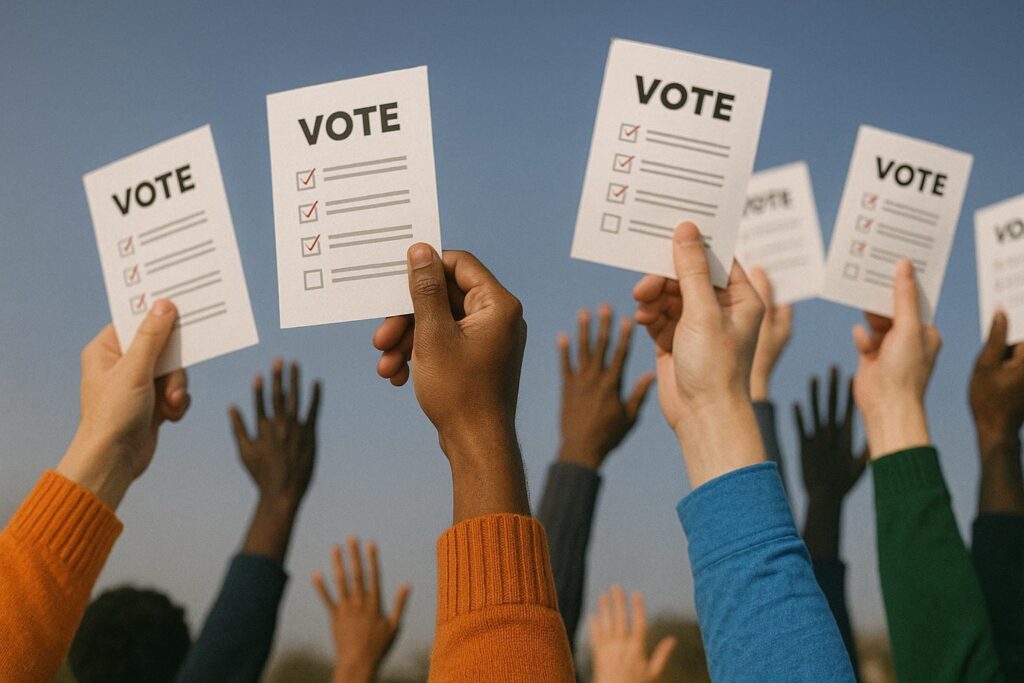East Africa’s Packed Electoral Calendar
Campaign posters are already appearing across East Africa. Tanzania votes in October, Uganda follows in January 2026, and Kenya lines up for 2027. Within this crowded calendar, South Sudan has chosen to pause, pushing its first national polls to 2026.
Juba’s decision, announced by the Revitalized Transitional Government of National Unity, extends the current mandate and seeks breathing space to tackle unfinished state-building tasks viewed as essential for a credible ballot.
Postponement Aimed at Stability
Officials portray the delay as preventive medicine. Ambassador Santino Fardol W. Dicken argues that rushing to the polls without a census, election laws and a permanent constitution could reignite divisions rather than consolidate peace.
President Salva Kiir frames the Tumaini negotiations with holdout groups as a bridge toward inclusivity, insisting they complement rather than replace the 2018 peace accord that silenced most guns.
Constitutional and Technical Hurdles
The electoral commission lists three non-negotiables: a national census, voter registration and finalisation of the basic law. Drafting guidelines alone could take 17 months, warns deputy chair Gabriel Deng, and none of the tasks can begin without fresh funding.
Head commissioner Abendengo Akok says political will matters as much as money. ‘If we are serious, two years are enough,’ he tells reporters, echoing UN envoy Nicholas Haysom’s caution that poorly prepared polls can morph into a flashpoint.
Youthful Expectations, Lingering Doubts
Twenty-eight-year-old Wani Yusuf remembers voting in the 2011 independence referendum as a teenager. He now dreams of shaping the first elected government but wonders aloud whether the 2026 date will stick after successive postponements.
His ambivalence mirrors a wider street mood: guarded optimism tempered by fatigue. Many citizens welcome extra safeguards, yet they crave tangible progress on jobs, roads and security to feel the peace dividends before ballot boxes arrive.
International Support and Regional Stakes
Juba has appealed to the African Union, IGAD and the Troika for technical and financial backing, arguing that a rushed vote could spill instability beyond its borders and into an already volatile neighbourhood.
Kenyan mediators hosting the Tumaini talks stress that an inclusive settlement would strengthen cross-border trade corridors and refugee returns. Regional capitals therefore watch South Sudan’s electoral reset less as delay and more as risk management.
Roadmap to the 2026 Ballot
Authorities promise a revised timetable within weeks, outlining milestones from census procurement to security force unification. Success will hinge on synchronising budgets with reforms and keeping dialogue channels open with opposition leaders at every stage.
If delivered, observers say, a peaceful vote could transform the world’s youngest nation from perennial headline risk to case study in patient statecraft. For now, the countdown begins—slow, deliberate and closely watched.


